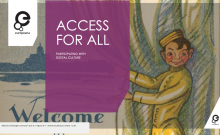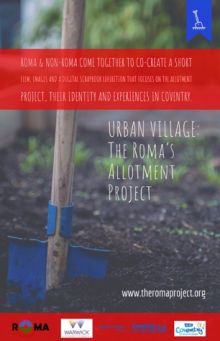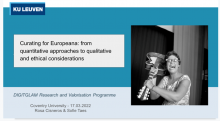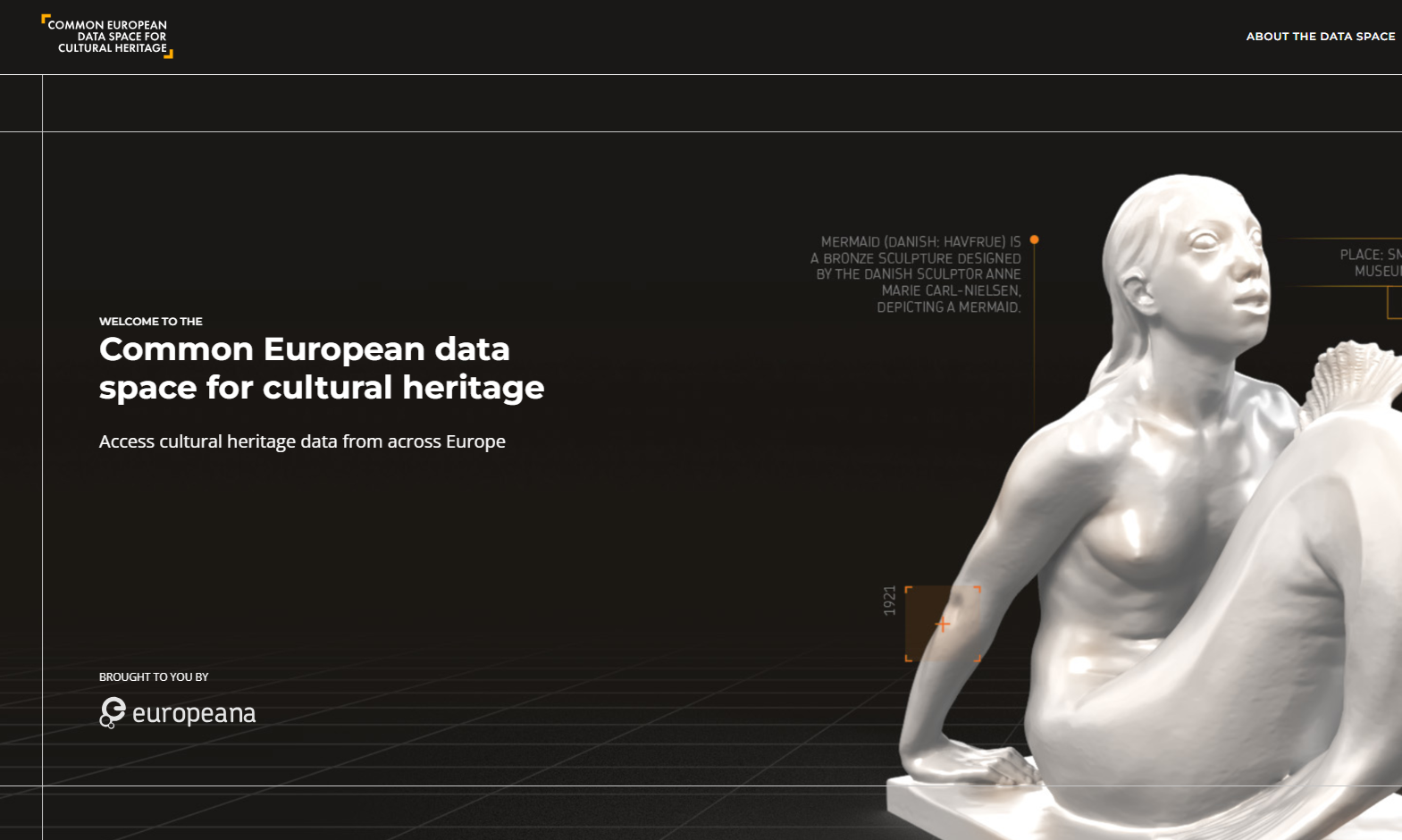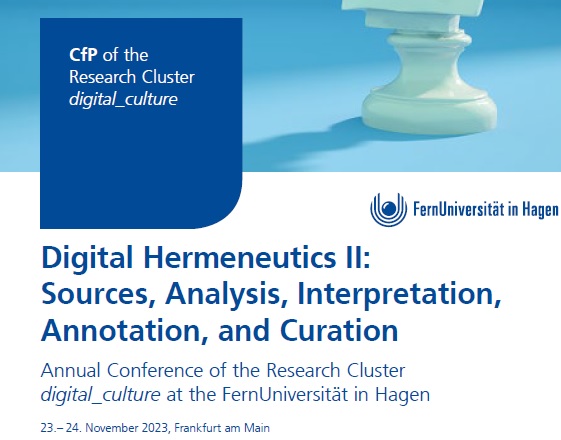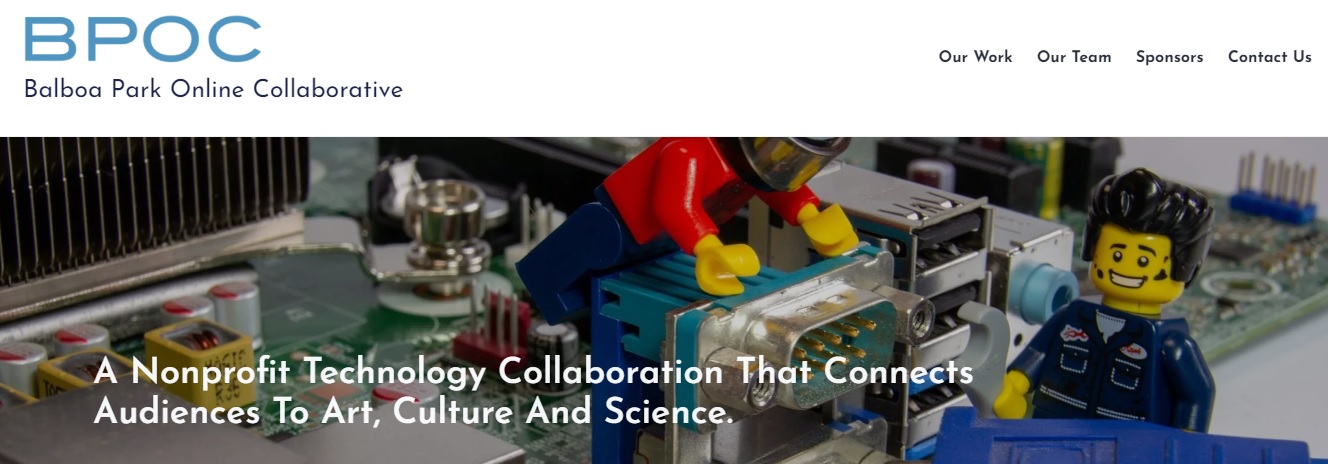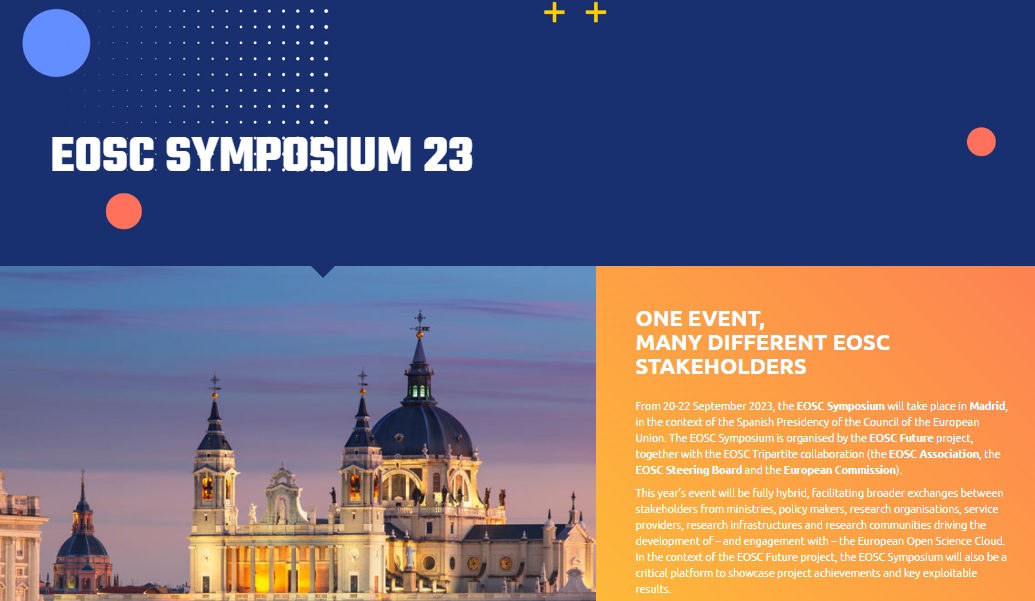text by Rosa Cisneros, C-DARE Coventry University.
In 2021, Gilda Claudia Oros a fourth-year student at ”Iuliu Hațieganu” University of Medicine and Pharmacy in Cluj-Napoca, Romania contacted Rosa Cisneros regarding HEART, a project that has been developed under the coordination of the European Medical Students’ Association (EMSA) and the Medical Students’ Organization (OSM) of Cluj, Romania.

Dr Akeem Sule MD PhD, suggested inviting Cisneros to the 2022 conference event. Dr Sule is the Co-founder of “Hip Hop Psych”, is a Consultant Psychiatrist in General Adult Psychiatry, South Essex Partnership Trust, and an Honorary Research Associate at Wolfston College, Cambridge University, in the UK. The two met at the Hip Hop in Higher Education Conference hosted by the University of Sheffield. Since that encounter, Dr Sule’s research has supported Cisneros and her PhD student Jade Ward, currently exploring mental health and Hip hop with Street Factory based in Plymouth, UK.

Healthcare, Education and Research Talks Conference is a global network of medical students, health care providers, GPs and other surgeons. The yearly conference reunites approximately 500 to 600 medical students, young healthcare professionals and students from universities with different fields of study, as diverse as: psychology, IT, education, technology and public health, aiming to reach a larger audience through live streaming at universities around the world. The H.E.A.R.T project aims to fill in the gaps where the medical curricula does not suffice, providing the students with inspiring mentors, who are able to pass on their medical and humanitarian values.
Cisneros’ keynote took place Saturday May 7th and was called “Curated Health Conversations: engaging vulnerable communities through Art”, and included presentation of the WEAVE methodology for engaging with those communities.
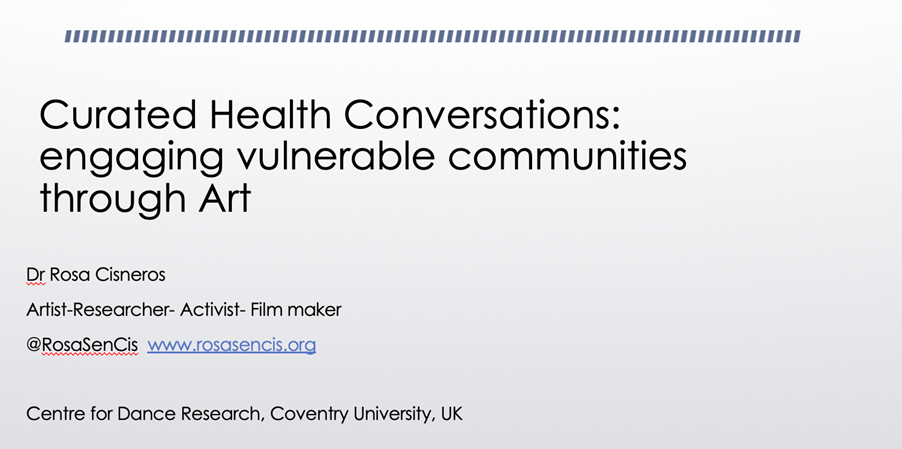
The talk was focussed on the manner under-served groups often suffer social and political exclusion that can lead to healthcare burdens where services struggle to respond to the varying needs of the diverse communities. Systems of power and biases exist within traditional healthcare research, academia, medical publications, and actual practice.
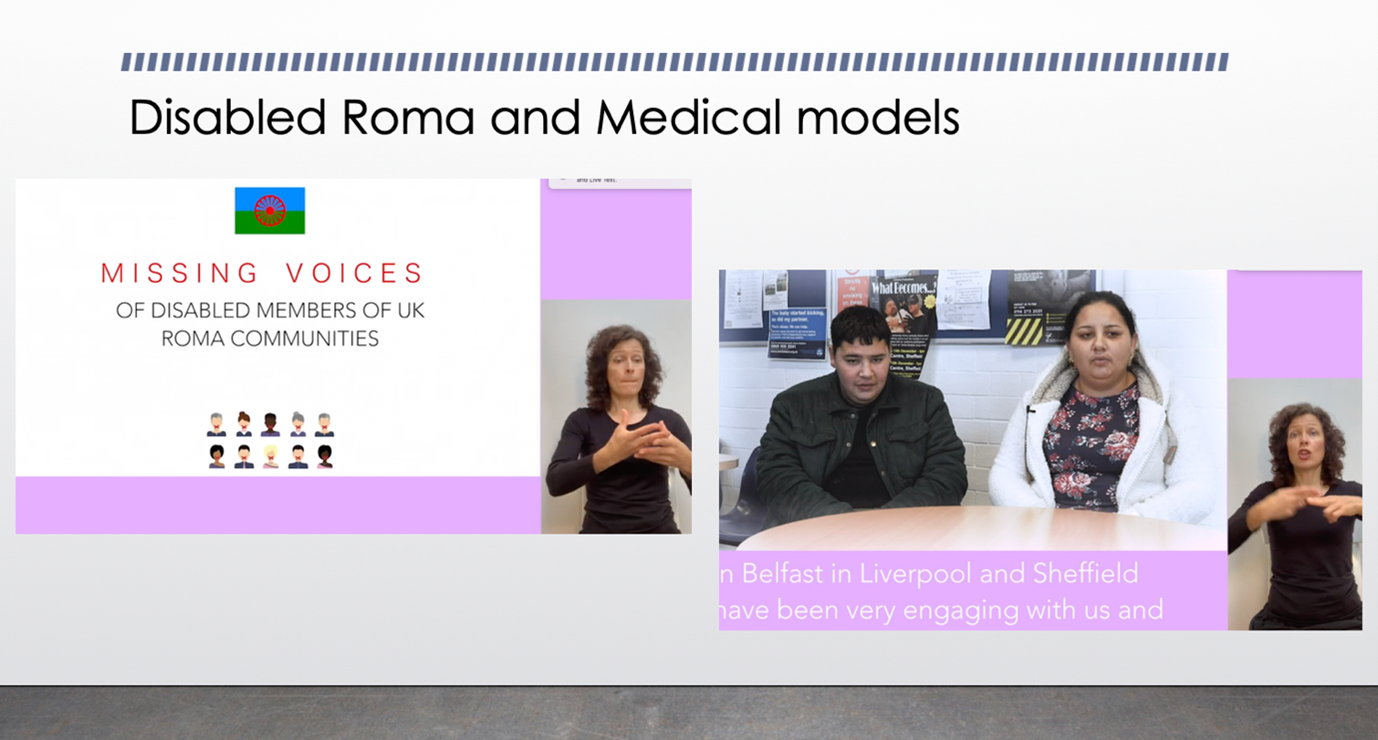
Improving and including representation of under-served groups in trials, medical research and in other areas linked to healthcare, is not a one-size fits all speedy process. Bespoke methods are needed and the Communicative Methodology and dialogic processes allows for people from excluded backgrounds to engage with healthcare providers.





